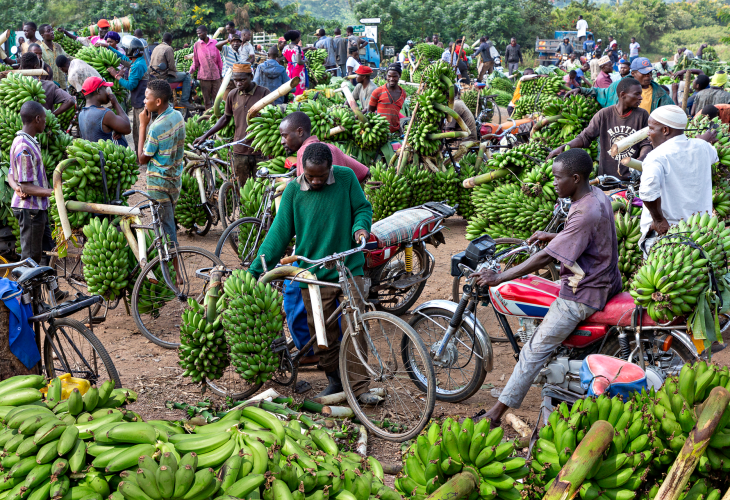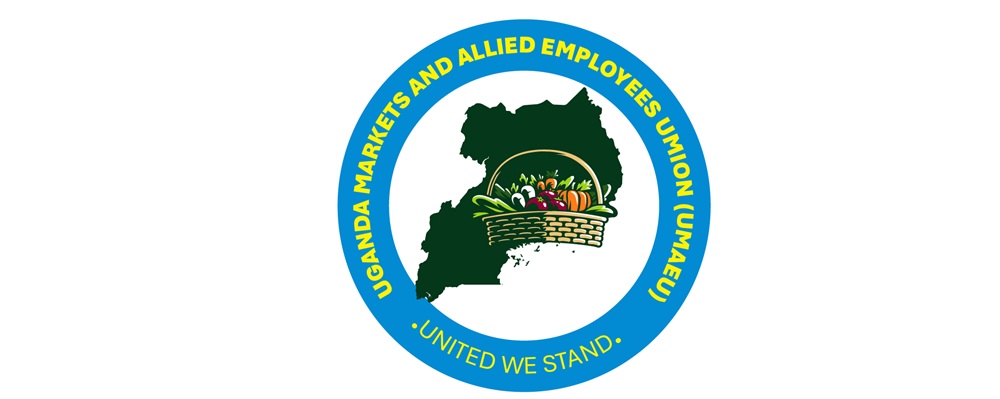Technology is Revolutionizing Unions
June 2, 2021

Kampala, Uganda – Trade unions have long been the backbone of workers’ rights movements across Africa, fighting for fair wages, better conditions, and social justice. However, the rise of the gig economy, digital labor platforms, and shifting political landscapes are reshaping unionism. In Uganda and across the continent, the future of unions hinges on adaptation, technology, and stronger solidarity—especially for informal workers who dominate Africa’s labor force..
Africa’s labor movement has a rich history, from the anti-colonial worker strikes of the 1950s to modern unions advocating for fair trade policies. However, challenges persist:
Declining Formal Employment: Only about 20% of African workers are in formal jobs, leaving the majority (informal workers) underrepresented.
Government Resistance: Some regimes view unions as threats, leading to repression (e.g., Zimbabwe, Eswatini).
Youth Disengagement: Many young workers see unions as outdated, preferring freelance or gig work.
Yet, unions like UMAEU (Uganda Markets and Allied Employees Union) prove that organizing informal workers is possible—and essential.
With 85% of Uganda’s workforce in the informal economy, unions must expand beyond traditional industries. Successful models include:
UMAEU’s market vendor mobilization (400,000+ members).
Kenya’s boda-boda (motorcycle taxi) unions, negotiating fair fares and insurance.
South Africa’s Domestic Workers Union, securing minimum wages.
Future Strategy: Unions must partner with cooperatives, digital platforms, and grassroots groups to reach street vendors, gig workers, and small-scale farmers.
The rise of remote work, app-based jobs, and AI demands new organizing tactics:
Mobile Apps for Worker Rights: Platforms like Kuhamiri (Kenya) help report labor abuses.
Social Media Campaigns: Viral hashtags (#PayUsFairly) can pressure employers.
Blockchain for Transparent Unions: Secure voting and fund tracking.
Example: In Nigeria, e-hailing drivers (Uber, Bolt) use WhatsApp groups to coordinate strikes.
As Africa faces climate crises, unions must advocate for:
Green jobs in renewable energy.
Protections for workers displaced by droughts or floods (e.g., Uganda’s coffee farmers).
Corporate accountability for pollution-related health risks.
Opportunity: Unions can lead in sustainable development lobbying, ensuring workers aren’t left behind in climate policies.
Unions are stronger together. Cross-border collaborations are emerging, such as:
The African Regional Labour Union Network pushing for continental minimum wages.
Campaigns against exploitative Chinese/UAE labor contracts in construction and mining.
South Africa’s COSATU supporting Zimbabwean worker protests.
Future Goal: A unified African Workers’ Charter to standardize labor rights.
Anti-Union Laws: Some governments criminalize strikes (e.g., Tanzania’s 2016 restrictions).
Corporate Power: Multinationals like Glencore in DRC mines resist unionization.
Funding Shortages: Many unions rely on dues from shrinking formal sectors.
To survive and thrive, unions must:
✅ Embrace informal workers (vendors, gig workers, artisans).
✅ Leverage technology for outreach and transparency.
✅ Advocate beyond wages—climate, gender equity, digital rights.
✅ Build youth engagement through mentorship and flexible membership models.
As UMAEU’s Secretary-General notes:
“The future of unions isn’t in boardrooms—it’s in markets, on motorbikes, and online. If we don’t adapt, we disappear.”
